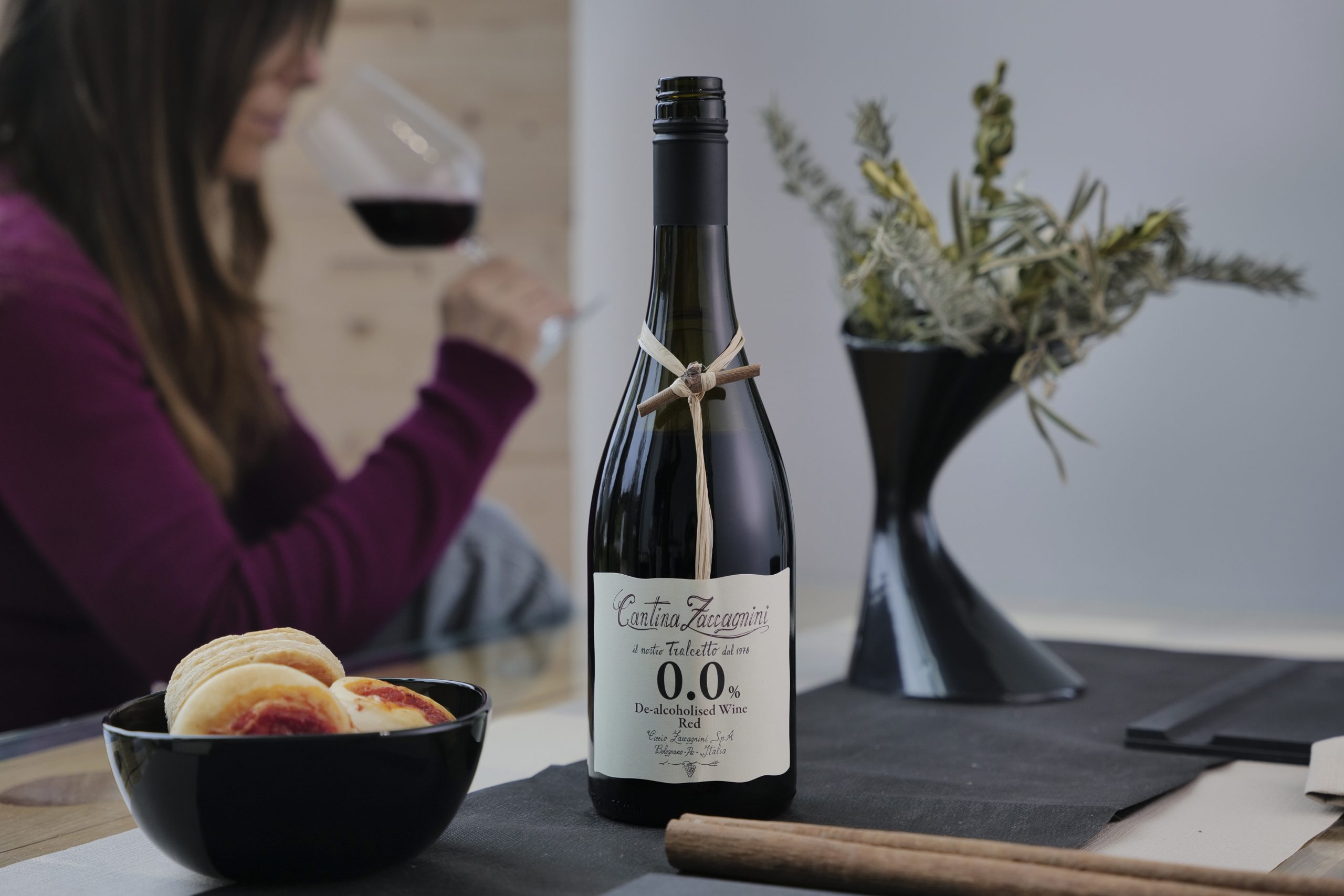Climate change driving Cognac makers to experiment with new grapes
Global warming is driving Cognac producers to experiment with grape varieties outside of Ugni Blanc, which is traditionally used as the base of the French spirit.
As reported by The Guardian, Ugni Blanc, which accounts for 98% of the vines planted in the Cognac region, is ripening more quickly and losing acidity as summers get hotter and drier.
Leading brands like Martel and Rémy Martin are experimenting with late-ripening, disease-resistant varieties with high acidity not currently permitted under the AOC that may serve them better as the world heats up and weather patterns become more erratic and extreme.
The harvest dates in the region have moved forward in recent years from October to September. In harvesting earlier, the aromatic component of Ugni Blanc is not given sufficient time to fully develop.
“What is key is the balance between sugar and acidity. In Cognac we need a lot of acidity to maintain the conservation of the wine because we are not using sulphur,” Baptiste Loiseau, cellar master at Rémy Martin, told The Guardian.
Rémy Martin is working with the late-ripening Monbadon variety, having planted vines in test sites in Cognac five years ago. The results are promising so far, but it’s still early days.
Partner Content
Martell has partnered with the French National Institute for Agricultural Research (INRA) to create experimental plots planted with late-ripening varieties, the names of which the brand is keeping under wraps.
“We have fantastic new vines, which are quite promising. They are definitely resistant to the disease so far, and they have slower growth,” Pierre Joncourt, vice-president of Cognac at Martell Mumm Perrier-Jouët, told The Guardian.
“We need to prepare as an industry to be resilient and we need to manage long-term actions, we need to experiment,” he added.




